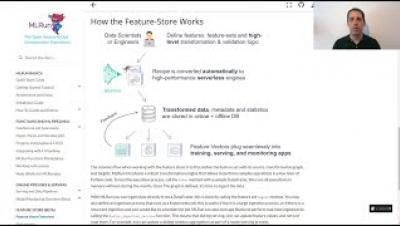What Is Kaggle?
If you've ever wanted to discover more about Kaggle, the online community for machine learning students and data scientist practitioners then look no further than our expert-led guide to get an overview on all the basics you need to know about this amazing opportunity provider and competition organiser.









